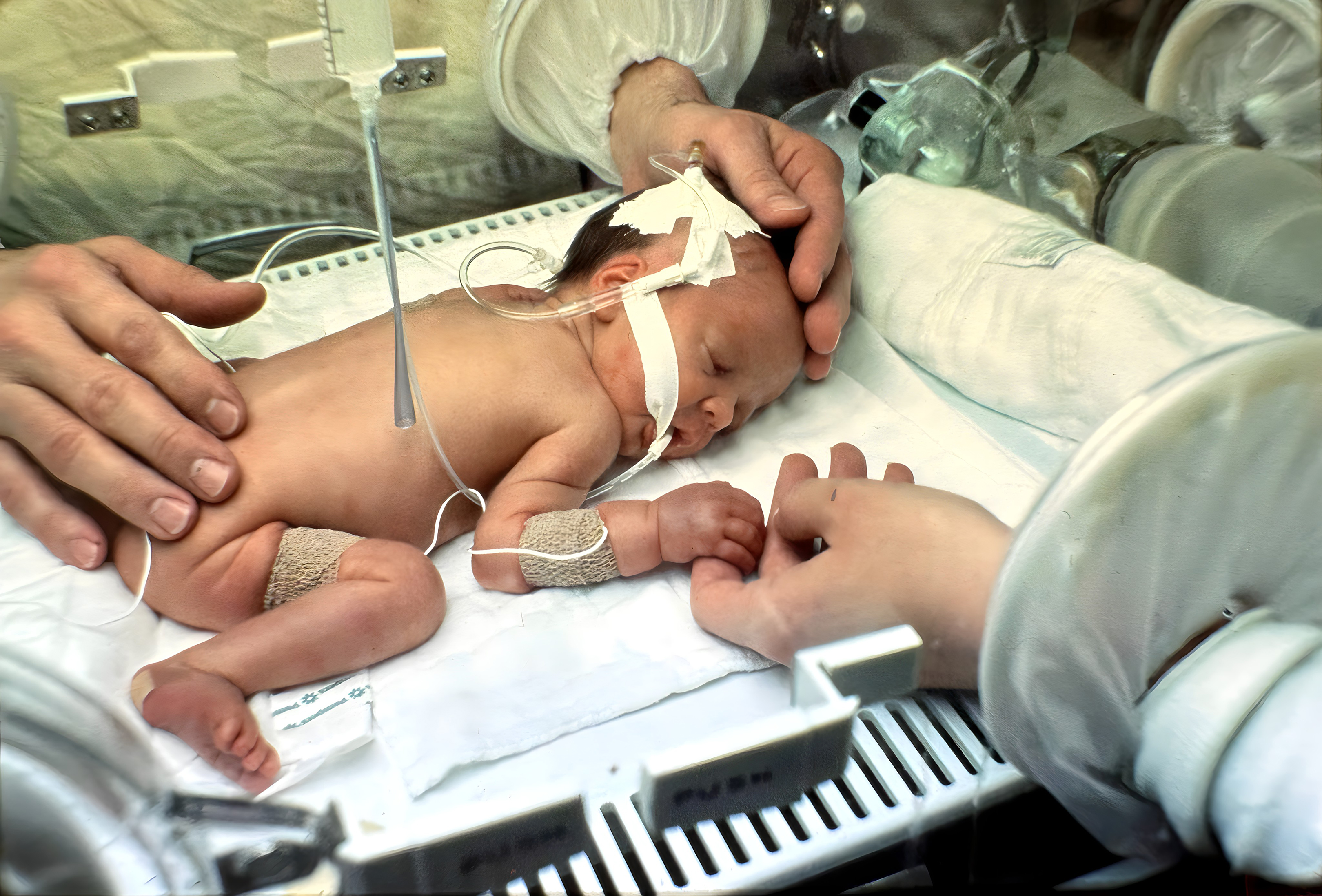Confronting the Silent Threat: Protecting Vulnerable Infants from a Lethal Illness
Every year, thousands of infants worldwide succumb to a silent yet deadly illness—severe respiratory infections caused by Respiratory Syncytial Virus (RSV). Striking during the most fragile stages of life, RSV disproportionately affects premature babies and those with weakened immune systems. However, recent medical advancements and proactive strategies offer hope in shielding newborns from this lethal threat.
The Rising Toll of RSV on Infant Health
RSV is the leading cause of hospitalization in infants under 12 months, with global estimates suggesting 3.6 million severe cases annually. According to the World Health Organization (WHO), nearly 120,000 children under five die from RSV-related complications each year, with infants under six months accounting for half these fatalities. In the U.S. alone, the CDC reports 58,000 hospitalizations and 100-300 deaths annually.
“RSV is a master of disguise,” explains Dr. Elena Martinez, a pediatric infectious disease specialist at Johns Hopkins Hospital. “It often mimics a common cold initially, but in vulnerable infants, it can escalate to bronchiolitis or pneumonia within hours. Premature babies, with underdeveloped lungs, are especially at risk.”
Breakthroughs in Prevention and Treatment
Recent years have seen groundbreaking developments in RSV prevention:
- Monoclonal Antibody Immunization: In 2023, the FDA approved nirsevimab, a long-acting antibody shot that reduces RSV hospitalization risk by 75%.
- Maternal Vaccination: The Pfizer RSV vaccine, administered during pregnancy, showed 82% efficacy in preventing severe cases in newborns’ first 90 days.
- Improved Diagnostic Tools: Rapid molecular testing now enables detection within hours, crucial for timely intervention.
Dr. Raj Patel, a neonatologist at Boston Children’s Hospital, notes: “These innovations mark a turning point. For the first time, we’re shifting from reactive care to true prevention.” However, he cautions that global access remains uneven, with low-income countries often lacking these resources.
Strategies for Protecting Vulnerable Infants
Beyond medical interventions, experts emphasize multilayered protection strategies:
- Hygiene Protocols: Frequent handwashing and surface disinfection reduce transmission.
- Avoiding Crowds: Limiting infant exposure during peak RSV season (November-April in temperate regions).
- Breastfeeding Support: Maternal antibodies provide partial protection.
Hospitals are also adopting “RSV prevention bundles,” combining these measures with staff training. A 2024 study in The Lancet showed such programs reduced NICU RSV cases by 40%.
Challenges and Equity Gaps in RSV Prevention
Despite progress, significant hurdles remain. The high cost of new preventatives—approximately $500 per dose for nirsevimab—raises concerns about affordability. Additionally, vaccine hesitancy persists in some communities.
“We cannot let innovation benefit only the wealthy,” stresses Maria Lopez of the Global Health Advocacy Incubator. “In sub-Saharan Africa, where 99% of RSV deaths occur, most families lack access to even basic oxygen therapy, let alone monoclonal antibodies.”
The Path Forward: Collective Action for Infant Health
The fight against RSV requires coordinated efforts:
- Policy Initiatives: Governments must prioritize RSV immunization in national schedules.
- Global Partnerships: Gavi, the Vaccine Alliance, plans to support lower-income countries in acquiring RSV interventions by 2025.
- Public Education: Raising awareness about RSV symptoms and prevention is critical.
As research continues into universal RSV vaccines and improved treatments, the medical community remains cautiously optimistic. “We’re finally gaining ground,” says Dr. Martinez. “With sustained effort, we could see RSV deaths drop dramatically within this decade.”
Call to Action: Parents and caregivers can consult pediatricians about RSV prevention options, while advocates urge support for global vaccine equity initiatives. The time to act is now—before another RSV season claims young lives.
See more WebMD Network



